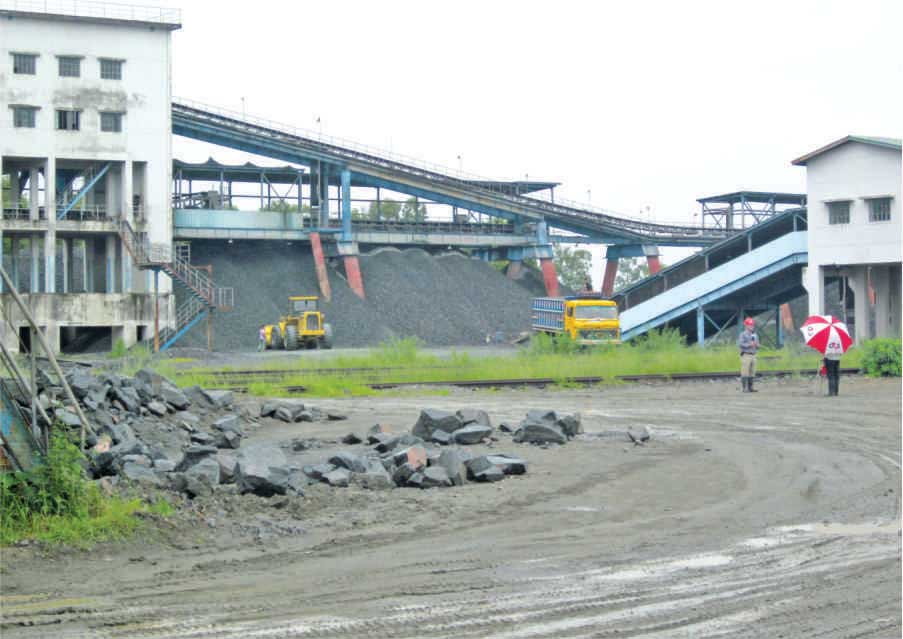Shahnaj Begum: The Prime Minister’s Office (PMO) has endorsed the Power Division’s plan not to give any time extension to liquid fuel-based quick rental and rental power plants in the country.
“Recently (December) we sat with the PMO to discuss the issue. The meeting set a target to produce 10 percent of power from renewable sources, especially from solar power,” a senior official of the Power Division told this correspondent on Thursday.
The Power Division had been discussing the issue for the last six months. Finally it is going to take the proper initiative in this regard as the PMO has endorsed the plan. The Power Division will appoint a consultant by this month to do the job, the official said.
“We are going to appoint the consultant this month to revise the Power Sector Master Plan (PSMP) – 2016 to match with the coronavirus pandemic�we also got a directive from the PMO to discourage power generation from high cost fuel or cut carbon emission according to promise of the government as per Paris Agreement,” Power Cell DG Hossain Mohammad told the Daily Observer.
“We will keep some peaking power plants in our generation side to manage the unusual situation in electricity generation to cope with the demand and supply scenario in any situation. We will get a real scenario soon,” the official of the Power Division told this correspondent on Thursday.
The coronavirus pandemic is currently lowering power demand significantly and obviously increasing the financial stress on BPDB by reducing revenue whilst capacity payments to idle plants have to be maintained.
“A recent research found that demand for power in 2030 will only require 29,619MW but PSMP targeted to produce 46,000MW of electricity by this time. COVID-19’s impact will mean long-term power demand and that is why we need to revise it to match with the new situation,” Power Cell DG said.
The country’s current power generation capacity is 22,000MW while maximum demand is 12,000-13,000MW leaving an idle capacity of between 9,000MW and 10,000MW every day.
According to the study done by the Institute of Energy Economics and Financial Analysis (IEEFA), Bangladesh will have 58 percent surplus power in 2029-30 if it keeps adhering to the existing power system Master Plan – 2016.
Significant capacity payments to idle power plants are helping drive the need for increasing government subsidies to the state-owned BPDB to cover its financial losses. In fiscal year 2018-19, the government subsidy to the BPDB was US$936m. It was US$530m in the previous financial year.
If all the plants planned within the Revisited Power System Master Plant (PSMP) were built, the IEEFA said, the reality is that overcapacity would lead to significantly lower capacity utilisation of the new plants.

